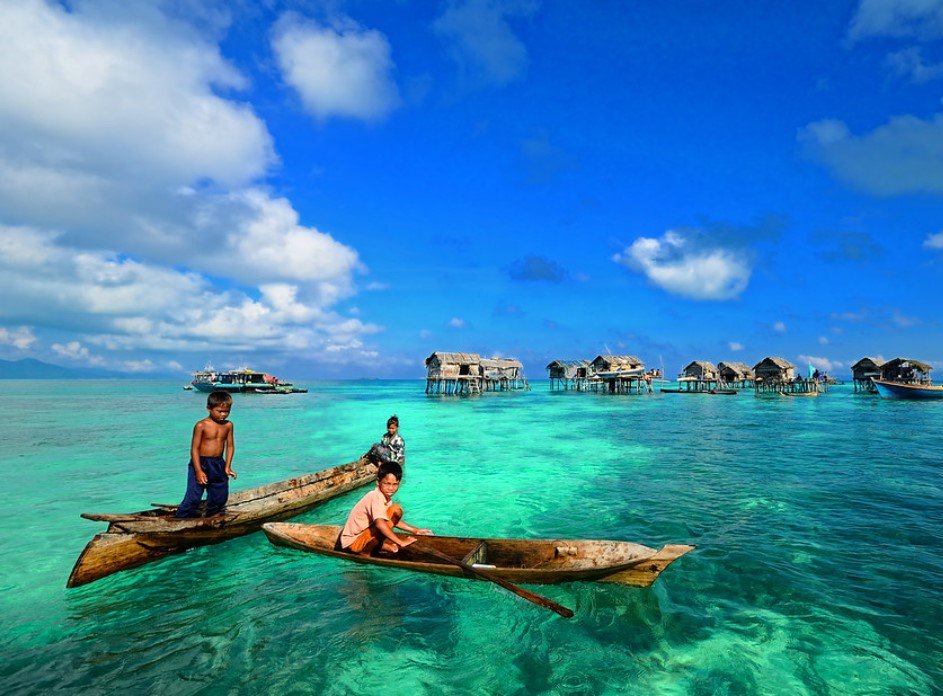The World Travel & Tourism Council (WTTC) has projected a significant year of growth for Malaysia’s travel and tourism sector in 2024. According to the latest data, the sector’s contribution to Malaysia’s national economy is set to reach MYR 198.7 billion, surpassing pre-pandemic levels by 1.6% and representing 10.5% of the national economy. This resurgence is driven by increased domestic and international visitor spending, as well as strategic initiatives like the ‘Visit Malaysia 2026’ roadmap.
The travel and tourism sector’s economic contribution is expected to be a major driver of Malaysia’s overall economic growth in 2024. The sector is projected to contribute MYR 198.7 billion to the national economy, marking a 1.6% increase over pre-pandemic levels. This growth highlights the sector’s resilience and its pivotal role in Malaysia’s economic recovery. The WTTC’s data indicates that travel and tourism will account for 10.5% of the national economy, underscoring its significance.

Employment in the travel and tourism sector is also set to rise significantly. Job numbers are projected to increase to more than 2.4 million, reflecting a 5.2% growth compared to last year and a 5.3% increase over the 2019 peak. This surge in employment is expected to provide a substantial boost to the national workforce, offering new opportunities and supporting economic stability. The sector’s ability to generate jobs is a testament to its importance in Malaysia’s economic landscape.
Visitor spending is another critical factor contributing to the sector’s growth. Domestic visitor spending is forecast to reach MYR 106.5 billion, representing a 21.6% increase over 2019 levels. International visitor expenditure is anticipated to reach MYR 93.7 billion, up 27.8% from 2023, although still 6.2% below 2019 levels. These figures highlight the robust recovery of the travel and tourism sector and its potential to drive economic progress.
Strategic Initiatives and Government Support
The Malaysian government’s strategic initiatives have played a crucial role in the sector’s recovery and growth. The ‘Visit Malaysia 2026’ roadmap is a key component of these efforts, aiming to attract more travelers from around the world over the coming years. This initiative is designed to enhance Malaysia’s standing as a top travel destination and drive economic progress through increased tourism.
The government’s commitment to making tourism a cornerstone of economic development is evident in its support for the sector. Policies and programs aimed at promoting tourism, improving infrastructure, and enhancing visitor experiences are central to these efforts. By investing in the travel and tourism sector, the government is fostering an environment conducive to growth and innovation.
Public-private partnerships are also instrumental in driving the sector’s success. Collaboration between government agencies, industry stakeholders, and local communities is essential for creating a sustainable and thriving tourism industry. These partnerships help to ensure that the benefits of tourism are widely distributed and that the sector continues to grow in a balanced and inclusive manner.
Future Prospects and Long-Term Growth
Looking ahead, the WTTC forecasts that Malaysia’s travel and tourism sector will continue to grow, with its annual GDP contribution expected to reach MYR 336.6 billion by 2034. This would constitute 12.1% of the national economy, highlighting the sector’s long-term potential. Employment in the sector is projected to exceed 3.5 million jobs, demonstrating its pivotal role in the national workforce and employing one in six nationals.
The expected growth in Malaysia’s travel and tourism sector is part of a broader trend across Southeast Asia. The region’s travel and tourism sector is projected to grow by 20.6% this year, reaching MYR 1.73 trillion and representing 9.7% of the region’s economy. This growth underscores the importance of tourism as a driver of economic development and highlights the opportunities for regional collaboration and investment.
To sustain this growth, Malaysia must continue to invest in its tourism infrastructure, enhance visitor experiences, and promote its unique cultural and natural attractions. By leveraging its strengths and addressing challenges, Malaysia can solidify its position as a leading travel destination and ensure that the travel and tourism sector remains a key contributor to its economy.
















